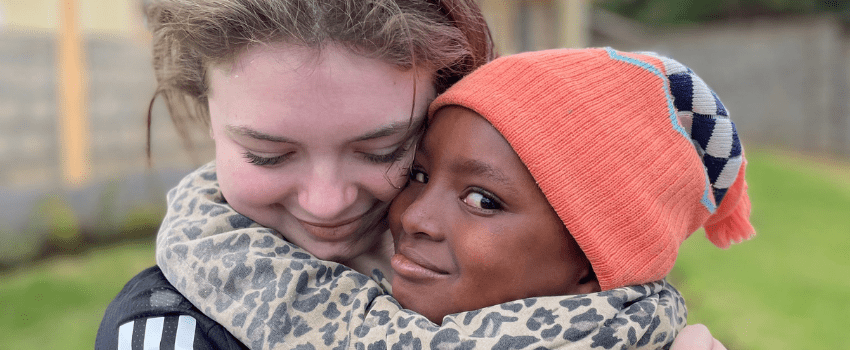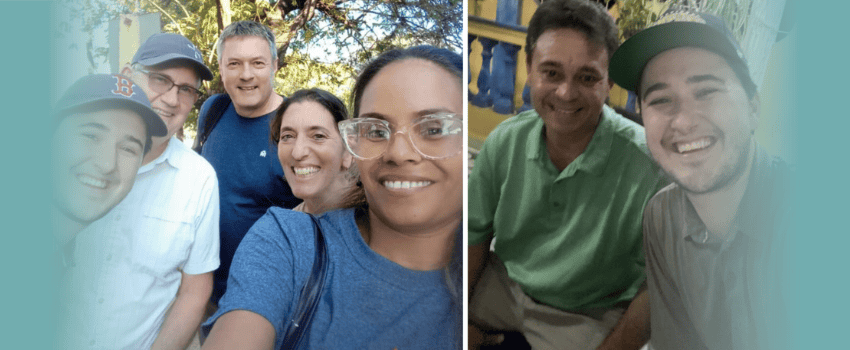
2021: A Year to Celebrate
2021 has been an incredible year. At Forward Edge, our hearts swell with gratitude for all God has done. His awesome faithfulness through another difficult year has been such a blessing to witness. Children around the world are discovering their true worth and purpose and growing in intimacy with Jesus,







